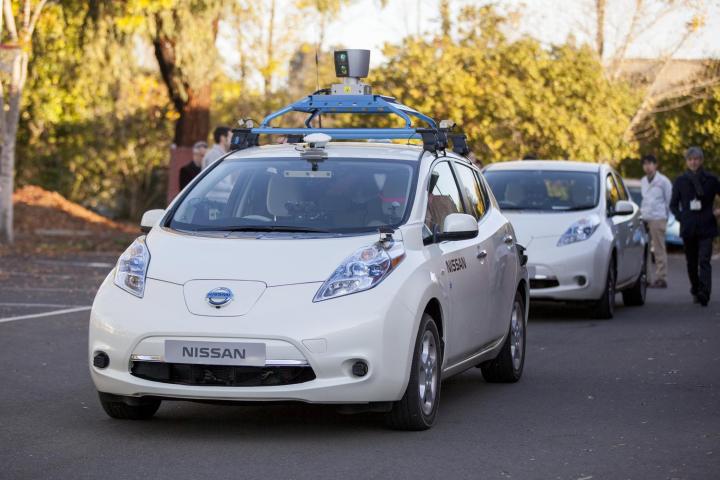
But because of how quickly the technology and regulators’ opinions are evolving, the situation is becoming a bit confused. Rhode Island’s legislature is now considering a bill that would legalize autonomous car testing in the Ocean State. The bill appears similar to measures already enacted in other states, but already looks limited compared to what federal regulators are saying.
The bill would make Rhode Island the only state in the Northeast to explicitly legalize autonomous car testing. This could make it a job creator, Sen. Joshua Miller, the bill’s author, told the Providence Journal. Miller said his bill was modeled on pending legislation in New York. Neighboring Massachusetts is also considering a bill to legalize testing of self-driving cars on public roads.
The Rhode Island bill includes provisions already seen in states like California that have passed similar legislation. Operators must possess valid driver’s licenses, and the person “who causes the vehicle to engage, regardless of whether the person is physically present while the vehicle is operating,” would be considered the “driver” for legal purposes.
Requiring humans to be in charge of autonomous test cars isn’t unusual, although it has led to grumbling from companies that view such rules as restrictive. California even requires test cars to have a full set of manual controls, and multiple states require some form of “off” switch that allows human drivers to retake control. California recently drafted a version of its rules aimed at consumers, but rules in other states cover only test vehicles.
But in the minds of autonomous car advocates, these precautions have been undercut by recent conversations between Google (now Alphabet) and the National Highway Traffic Safety Administration (NHTSA). The federal agency told Google that its autonomous systems could qualify as a “driver” as long as they can comply with the same regulations as human-driven cars.
Yet while the NHTSA says it is working to create a national regulatory framework for self-driving cars, that doesn’t help states that want to get them on their roads now. The NHTSA’s opinions do not constitute wholesale legalization, so for now states will have to come up with their own rules. And given the newness of the technology, it’s not surprising that regulators don’t want cars driving around unsupervised.
The difference between test vehicles and ones that will eventually be sold to consumers also seems to be an issue. Right now, the technology is still developing and researchers are still getting a feel for how cars interact with the environment. Restrictions make sense today, but that could theoretically change in the future. And if it does, the rules will have to change too.

